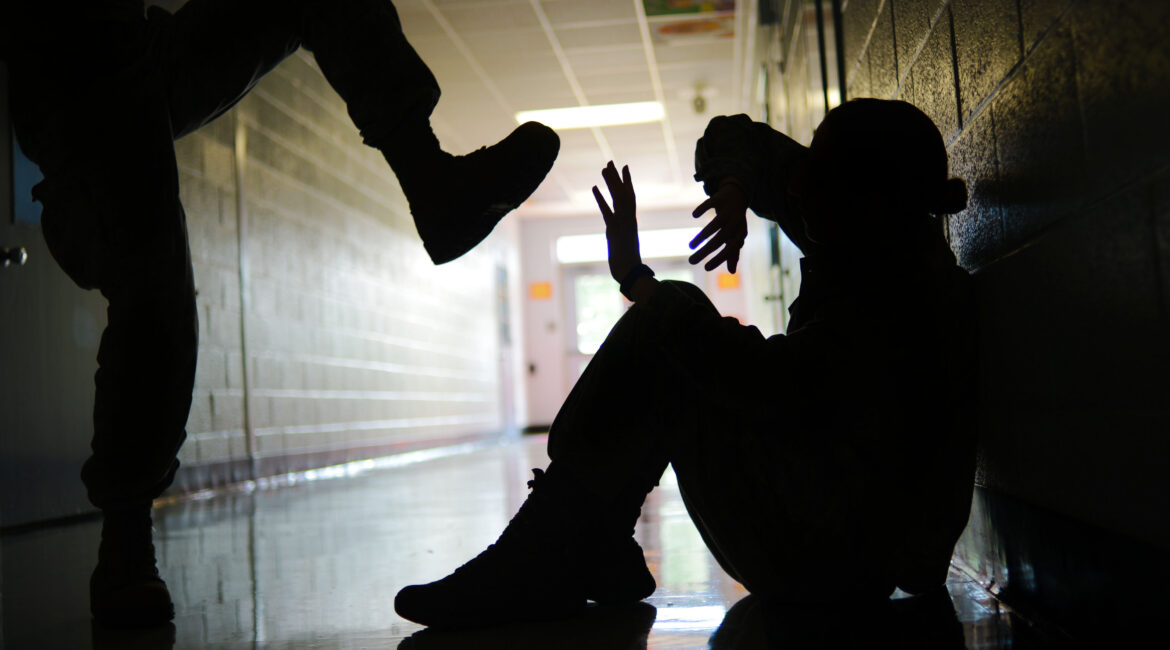What to do if Your Child is a Bully
We have many parents ask us about both sides of this problem. Either their child is a target of bullying or they have been informed or discovered that their child is the bully.
Let me start with a story. A parent set up an appointment with us to discuss their daughter, who, they had discovered via the principal, had been sending and posting cruel messages about a classmate. The parent was mortified and after trying to discuss it with the child, they realized they needed professional help from a child psychiatrist. We had a productive time discussing the entire child and their environment, and discovered that there were some life events and peer issues that contributed to her behavior. After a few sessions, there were no further bullying issues and her parents learned how to better handle these types of issues in the future.
So, what should you do if you are informed that your child is bullying?
First, do not react with anger or immediately rush to judgement. This will only make them shut down and you will not have a productive conversation. Start by making sure the time and place of the conversation is right, it should be a time that there are no distractions or other responsibilities that need to be done. It should be a private space that the child is comfortable in like their room, a family room, or in the yard. Approach the topic slowly and carefully, but be direct. “I want to talk to you because I love you and know you are a good person and I want to hear your side of this story because I am very concerned.” You need to convey that bullying is unacceptable and comes with serious consequences but you need to maintain an open dialogue so that your child trusts you.
What should the consequences for bullying be?
That really depends on the severity of the situation. Besides apologizing (in person or in writing), helping your child understand the impact their actions or words had on another child is important. If the bullying happened at school, you should work with the staff to implement a plan. There should be a plan for any and all students to be able to report bullying without fear of retaliation. If the bullying happened online, then the natural consequence is losing access to that for some time, and then only regaining access with supervision. Empathy is something that needs to be increased in all children, but especially in those who have bullied or hurt others. Having your child read books or watch movies that increase emotional IQ and empathy is a great way to do that. Some suggestions: Wonder (the movie or book), El Deafo by Cece Bell, Charlotte’s Web, Last Stop on Market Street, A Chair for my Mother, The Invisible Boy and Each Kindness.
Most importantly, call us, we can help you create a plan and also make sure there is nothing going on with your child that is causing this behavior. Sometimes talking to a trusted person who is not a parent is the best way forward.


